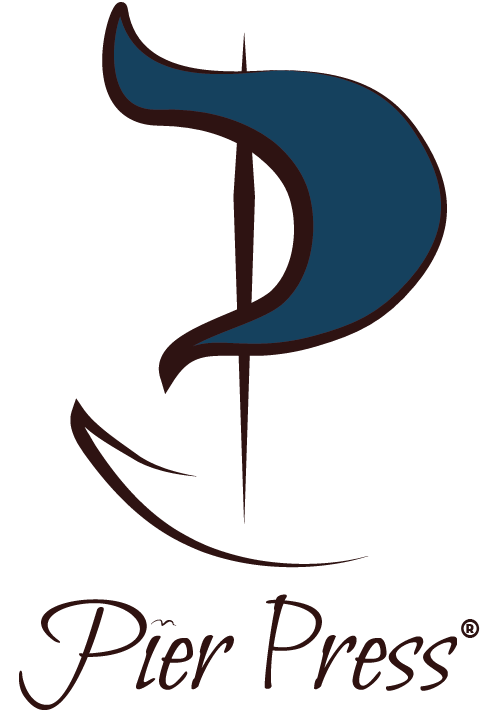“Constructive and gracious conversations about science and faith among Christians can be difficult to achieve. Scientific perspectives on human origins, in particular, are seen by many Christians today as a threat to the integrity of the Bible and certain core Christian beliefs. In contexts, such as university campus Christian groups where a range of views on these issues are held, discussions of questions related to science and the Bible tend to be avoided as unhelpfully controversial. As a result, young Christians with an interest in science and who wish to think through these issues in conversation with others are often poorly served.
David and Kate Vosburg, a husband and wife team, have set out to address this need through a ‘conversation guide’ designed to help Christians engage thoughtfully and constructively with each other over these questions.”
“There is much to be praised about this book. The authors have displayed admirable constraint in keeping the chapters short and punchy. The resource lists for further reading are extensive and provide an excellent way in to Christian thinking on the various topics. The studies appeal to both heads and hearts, and participants are guided not only to think through the issues more clearly but are led towards praise and action.”
—From a book review by Naomi Dawson and Jonathan Dawson of Jesus, Beginnings, and Science: A Guide for Group Conversation , by David A. Vosburg and Kate Vosburg, which appeared in Science & Christian Belief (2019) Vol 31, No. 1. p. 81-82.


